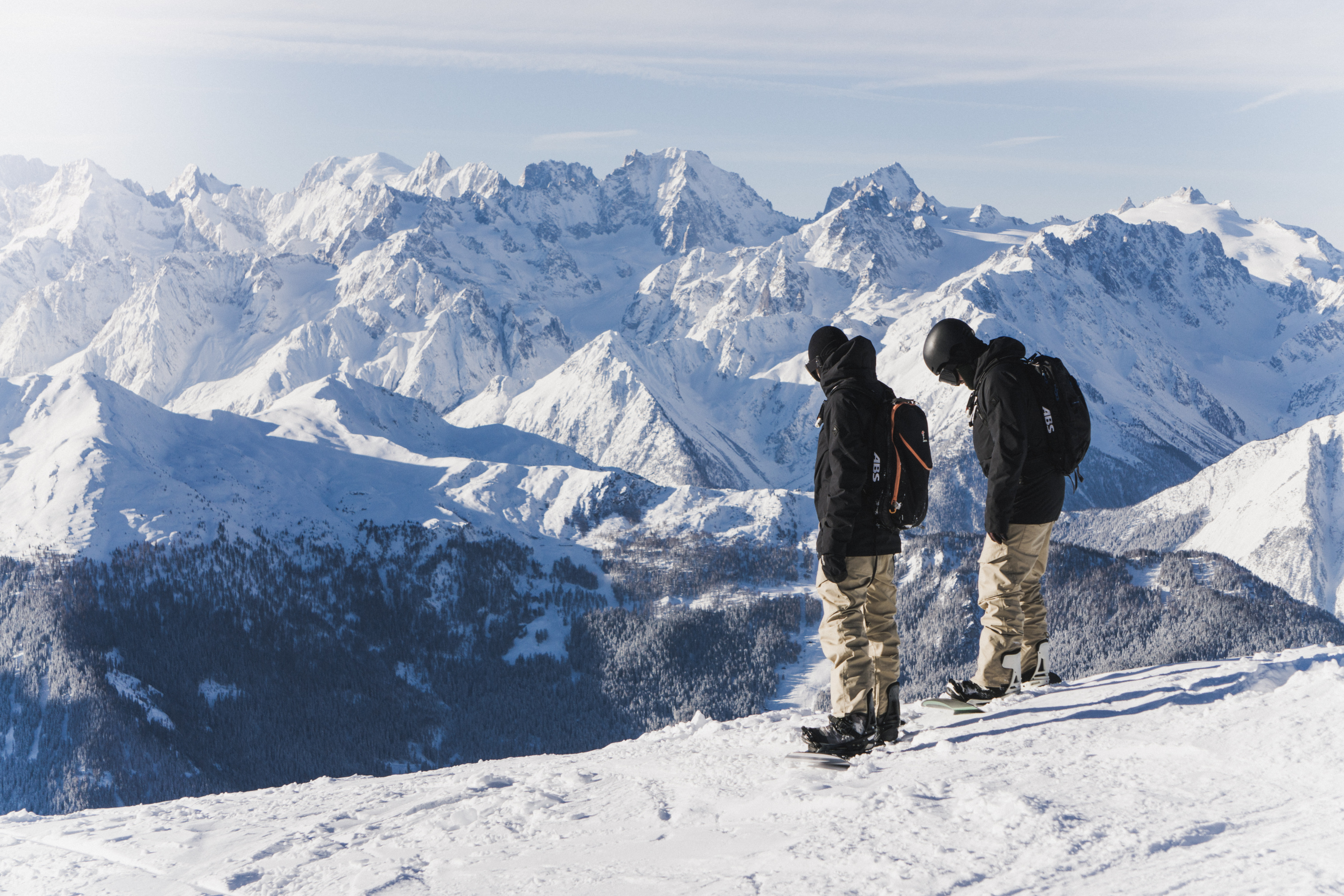How climate change is effecting the Alps ?
August 18th, 2025

Climate change is having a profound impact on the Alps, one of Europe’s most iconic and climate-sensitive mountain ranges. Here are the key effects:
Rising Temperatures
Faster Warming: The Alps are warming at about twice the global average, with temperatures having risen around 2°C since the late 19th century.
Longer Summers: Hotter summers and shorter, milder winters are becoming more common.
Shrinking Glaciers
Glacier retreat: Alpine glaciers have lost more than 60% of their volume since 1850.
Acceleration: Recent years (especially 2022 and 2023) saw record-breaking melt seasons due to heatwaves and low snowfall.
Many smaller glaciers are expected to disappear entirely by 2050 if warming continues.
Snow Reliability and Ski Industry Impact
Shorter snow seasons: Reliable snow cover is now found only at higher altitudes, generally above 1,800–2,000 meters. Here in Verbier we are fortunate that the vast majority of ridable terrain is above 2000m. Verbier also has amazing snow making facilities which are very useful when the natural snow does not arrive.
More artificial snow: Resorts are increasingly dependent on snowmaking, which uses large amounts of water and energy.
Economic consequences: Lower resorts face financial strain, and the whole ski industry is being forced to adapt or diversify.
Permafrost Thawing
Unstable slopes: Melting permafrost (frozen ground) is leading to more rockfalls, landslides, and erosion, threatening infrastructure like roads, cable cars, and buildings.
Infrastructure costs: Maintaining or adapting infrastructure in unstable terrain is becoming increasingly expensive.
Tourism and Local Communities
Seasonal shifts: Tourism seasons are shifting, with more focus on summer hiking and mountain biking.
Water stress: Less snow means less meltwater in spring and summer, affecting agriculture, hydropower, and drinking water supplies.
Avalanche and Flood Risks
More unpredictable avalanches: Climate change is altering snowpack stability, sometimes increasing avalanche risk, especially with rapid temperature swings.
Increased flooding: More intense rainfall events and snowmelt can lead to flash floods and swollen rivers.
Summary
The Alps are at the frontline of climate change in Europe. The region is warming faster than average, glaciers are melting at an alarming rate, and the traditional alpine economy—especially winter tourism—is under growing pressure. Long-term sustainability will depend on adaptation, innovation, and global climate action.
Verbier is in a good position as the climate changes. A huge proportion of the slopes in Verbier are above 2000m, with two lift accessed peaks over 3000m it means the resort is guaranteed snow between November and May. The lift company has a huge amount of snow making equipment which is used to top up the lower slopes allowing the runs to the resort to be open. When looking to book a winter holiday its always worth choosing a destination with high mountains.